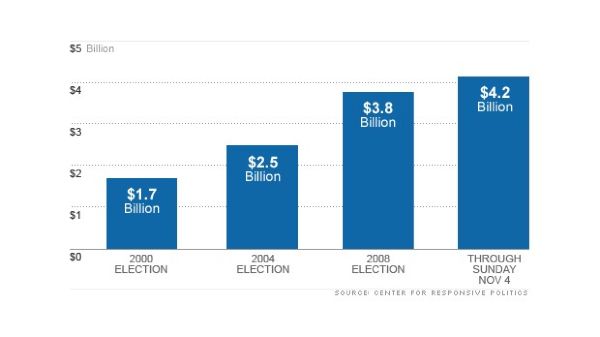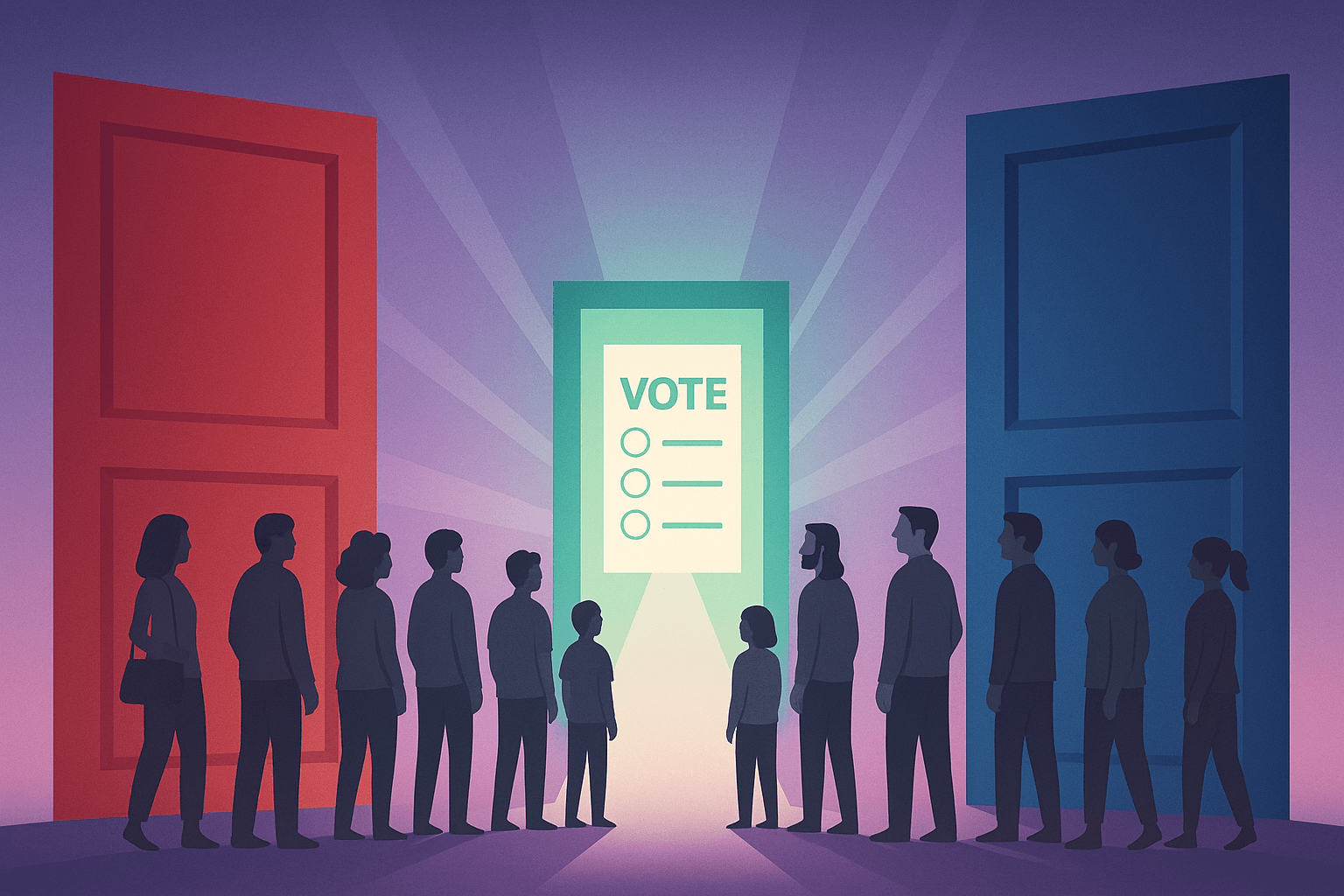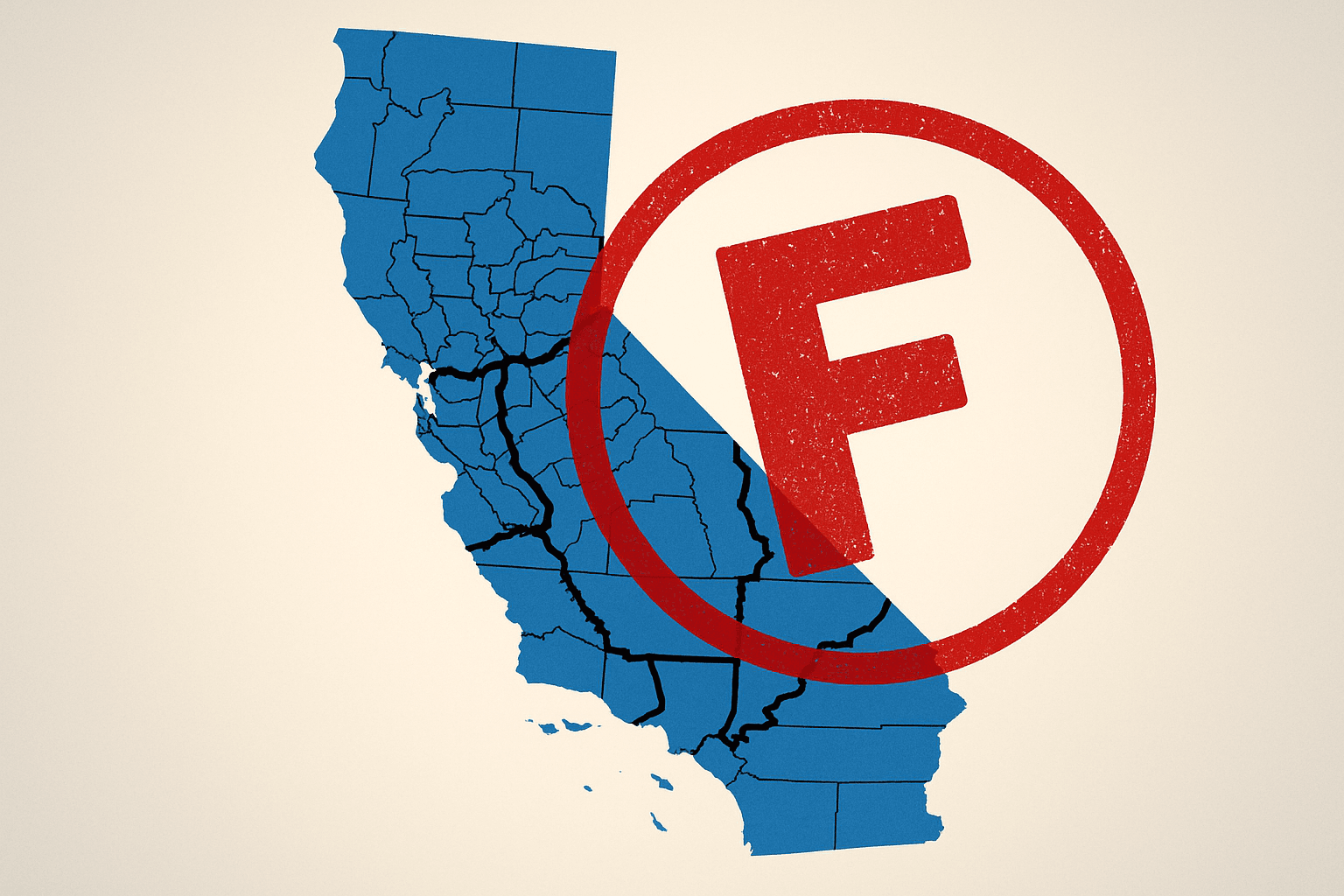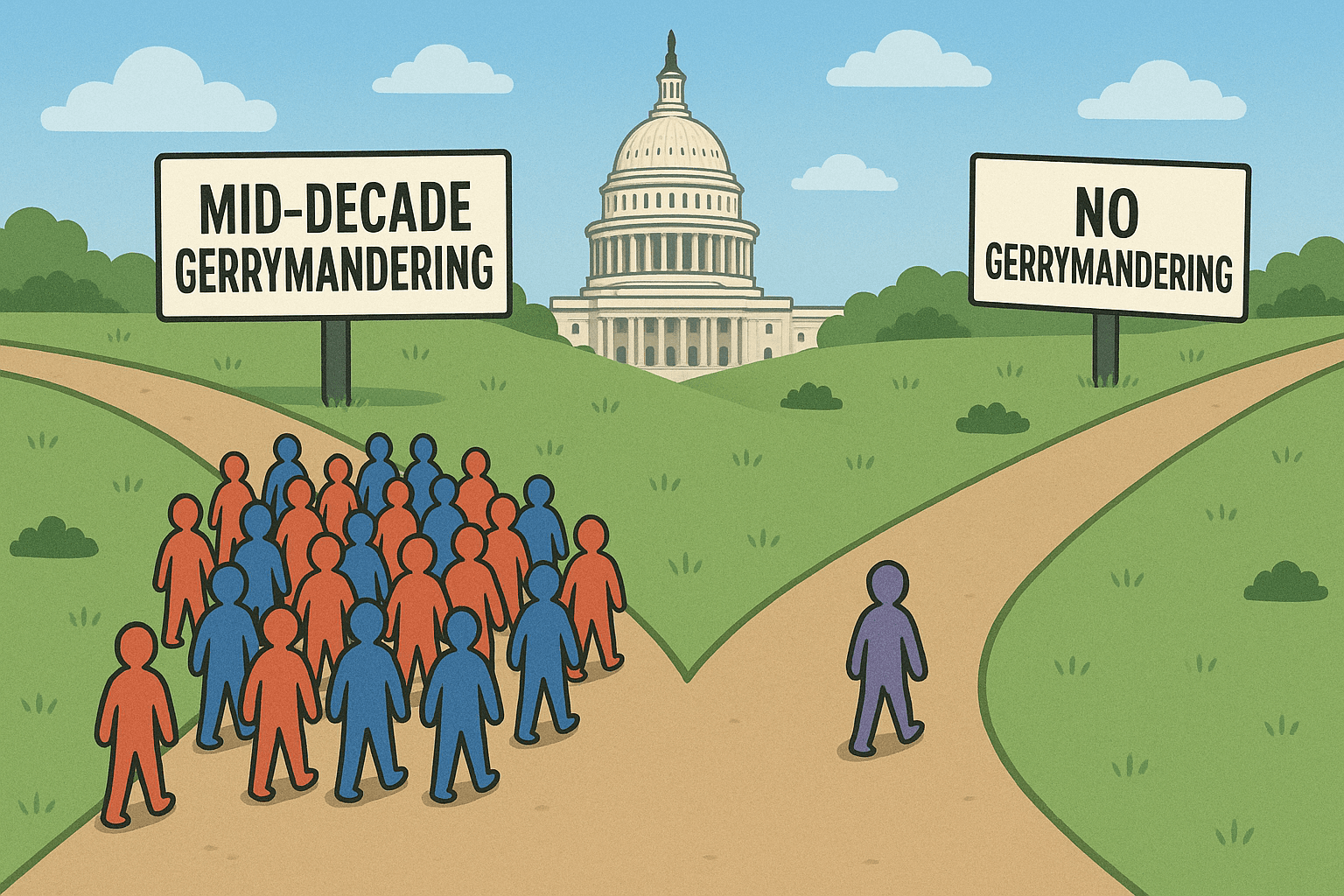Mystery Donations Prompt Campaign Finance Reform

 As reports slowly trickle in disclosing the money spent the week leading up to 2012’s presidential election, the identities of the spenders are coming into focus. Yet, even the most avid researcher won’t see the whole picture given current campaign finance disclosure requirements.
As reports slowly trickle in disclosing the money spent the week leading up to 2012’s presidential election, the identities of the spenders are coming into focus. Yet, even the most avid researcher won’t see the whole picture given current campaign finance disclosure requirements.
California Senate Bill 52 was introduced yesterday in response to $11 million that was allegedly laundered through nonprofit organizations in Arizona to affect California propositions 30 and 32. According to the Fair Political Practices Commission, the Arizona nonprofit Americans For Responsible Leadership donated the mysterious $11 million after recieving it from another intermediary, the Center to Protect Patient Rights. Ultimately, a lengthy trail lead to the original source, Americans for Job Security, a pro-business issue advocacy organization based in Virginia. A similar case emerged in Tennessee where $12 million appears to have been funneled through multiple puppet companies in order to doge disclosure laws.
According to the Campaign Legal Center, one William Rose created two shell corporations by the name of Specialty Group Inc. and Kingston Pike Development, LLC to funnel more than $12 million to FreedomWorks, a conservative political action committee with a motto of, “lower taxes, less government, more freedom.” This prompted the Campaign Legal Center to formally request the Department of Justice and Federal Elections Commission to open an investigation Thursday.
In an attempt to identify future massive mystery donations that worm into state elections, California Senators Mark Leno (D-San Francisco) and Jerry Hill (D-San Mateo) introduced SB 52 on Thursday. Also called the DISCLOSE Act, an acronym for Democracy Is Strengthened by Casting Light on Spending in Elections, will ensure that groups funding advertisements in California identify themselves to voters.
Specifically, the top three donors for any political advertising will need to be "clearly and unambiguously" disclosed on all political advertisements. This constitutes "television, radio, print, and other forms of advertising for ballot measures, independent expenditures, and issue advocacy." Sen. Leno said in a press release, “We saw evidence in the most recent election cycle of unnamed organizations throwing around large sums of money in order to confuse California voters.” Though SB 52 does nothing to limit the size of contributions, given the precedent set by Citizens United, it should give voters better tools to decide for themselves, which causes are funded by organizations with their interests in mind.
Legislation of the same name, but of different scope, was introduced in the House of Representatives in Washington, D.C. by Chris Van Hollen (D-Maryland) as H.R. 4010 in February but hasn’t been touched since July. Although campaign finance reforms are not likely to become law nationally, the DISCLOSE Act has a chance in California’s legislature, given the Democrats' supermajority.


